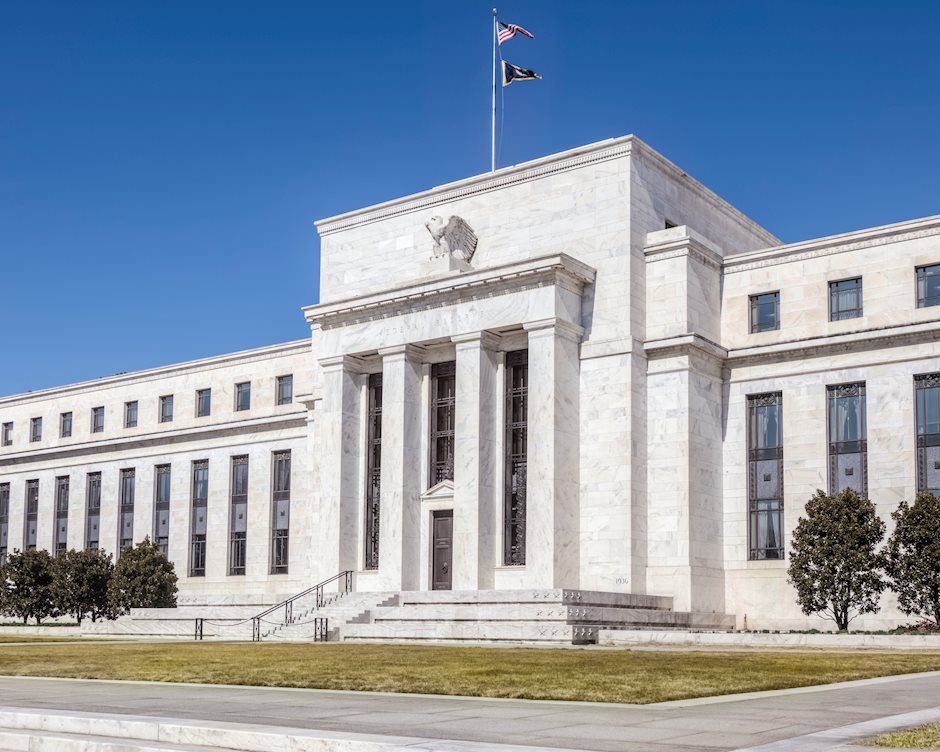Fed minutes seem to have set off another minor explosion in markets - Rabobank

The Fed minutes for the January meeting seem to have set off another (so far) minor explosion in markets, according to Michael Every, Senior Asia-Pacific Strategist at Rabobank.
Key Quotes
“The Dow closed down -0.7%, a 500-point drop from its intra-day peak, and failing to hold the 50% retracement from its previous, larger sell-off; the S&P broke back below its 50-day moving average; Treasury yields spiked, with 10-years up to 2.95% at their peak (1bp lower than that at time of writing in Asia); and the USD went up like a shot. EUR/USD is at 1.2276 when 1.26 was in sight late last week, for example, not helped by some soggy European PMIs, although USD/JPY is faring slightly better at 107.50. We can probably expect that to ripple through to EM FX when trading really kicks in today. AUD/USD is also decisively back below 0.78, and with Aussie 10-year yields now decisively below those of the US, surely it is not “if” but “when” we see much further downside pressure on that cross.”
“So what of those Fed minutes? What really changed? Well, not really that much aside from more gradualist language in a positive direction, including the addition of the word “further” in regards to the need for gradual rate hikes. Yes, “further”. Not “faster”. That seems to have been the key trigger word. Does it imply the need for more hikes this year than the market had anticipated? Wouldn’t that be “faster”, technically? Is that still the case if they imply they will need to keep going longer than they had originally thought? (Which we won’t know until the revised ‘dot plot’ in March.) Or does “further” simply fulfill the grammatical function of meaning “a continuation of what we are already doing”? In which case, is all this fuss out of place?”
“One thing I also noticed in the Fed minutes was this: “It was noted that the pace of wage gains might not increase appreciably if productivity growth remains low.” Perhaps that’s partly because I’ve just been doing a deep-dive (at the very shallow end!) into the ‘productivity thing’, but it was interesting because that’s not how things in developed economies are supposed to work. We are supposed to see higher productivity allowing for higher wages - if the capitalists ever let workers get it, in the view of Marxists, of course. We aren’t supposed to get stuck in a low-wages-flowing-through-to-low-productivity-flowing-back-to-low-wages vicious circle – although that is something we have long flagged as being an entirely plausible explanation for why the Phillips Curve no longer seems to exist outside the mind of central banks and (most?) economists: it is, for example, the status quo in many emerging markets.”
Author

Sandeep Kanihama
FXStreet Contributor
Sandeep Kanihama is an FX Editor and Analyst with FXstreet having principally focus area on Asia and European markets with commodity, currency and equities coverage. He is stationed in the Indian capital city of Delhi.

















